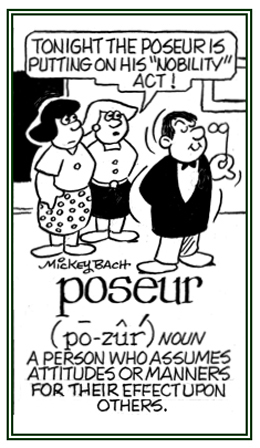pon-, posit-, pos-, -poning, -poned, -ponency, -ponent, -ponement, -pound
(Latin: to place, to put, to set; placement, positioning)
June, the librarian, was in the process of juxtapositioning the books so those that were of the same height would be juxtapositioned with one another on the shelves.
2. A person who disagrees with or who resists a proposal for some kind of action: The senator was an opponent of the new economic reforms.
2. To stand in the way of; to hinder; to obstruct: The change is opposed by many of the town's business leaders.
3. To set as an obstacle or an adversary: Sharon met the candidate who will be opposing her in the next election.
4. To be hostile or adverse to, as in opinion: Henry strongly opposed the resolution in the proposal to increase local taxes.
5. To determine as an impediment or a hindrance: The group that opposes the mayor is trying to find a candidate who might be able to successfully oppose her in the upcoming election.
2. Being completely different: Dirk and his wife Jane have opposing opinions as to which candidate should be elected to Congress.
2. Facing the other way; moving or tending go in a different direction than someone else: The two families were driving their cars in opposite directions.
3. A reference to being on another section of two similar areas of something: Lucy and Jack were looking at the opposite surfaces of the coins to determine their production or minting dates.
2. A person, a team, a business, or a group that someone is competing against: Dick, the chairman, couldn't understand why there was so much opposition to the plan by the new members of the committee.
3. The political parties in a country that are not part of the government: The opposition seems to be gaining more votes for the upcoming election.
4. A person or group that people are trying to defeat or to succeed against in a competition: Jack, the coach, urged his team not to take the opposition for granted because they had pulled upsets before.
The model was told to hold a special pose for the next photograph.
2. A special manner of behaving that is adopted in order to give other people a false impression or to impress them in an insincere way: The young man's friendly behavior in the store was considered nothing more than a pose so he could steal items without being suspected.The park officials figured that the excessive number of demonstrators posed a threat of destruction and excessive littering of trash in the city park.
2. To raise questions or challenges: Larry's mother has often posed the question as to what he was planning to do with his life after he graduated from high school.3. Pretending to be someone or something in order to deceive other people: Shirley's sister posed as an underaged student in order to get free admission to the museum.
The undercover police officers were posing as drug dealers so they could arrest those who were actually involved with selling illegal drugs.
Poseurs assume attitudes, opinions, manners, mannerisms, dress, and elegance that are neither genuine nor honest.
There are poseurs who pretend to be connoisseurs of art, or as gourmets or experts about fine food and wine, or as specialists in fashion and design.
2. Etymology: from French poser, "affect an attitude or a pose."
Go to this Word A Day Revisited Index
so you can see more of Mickey Bach's cartoons.
Related word families intertwined with "to place, placing, to put; to add; to stay; to attach" word units: fix-; prosth-; stato-; the-, thes-.


